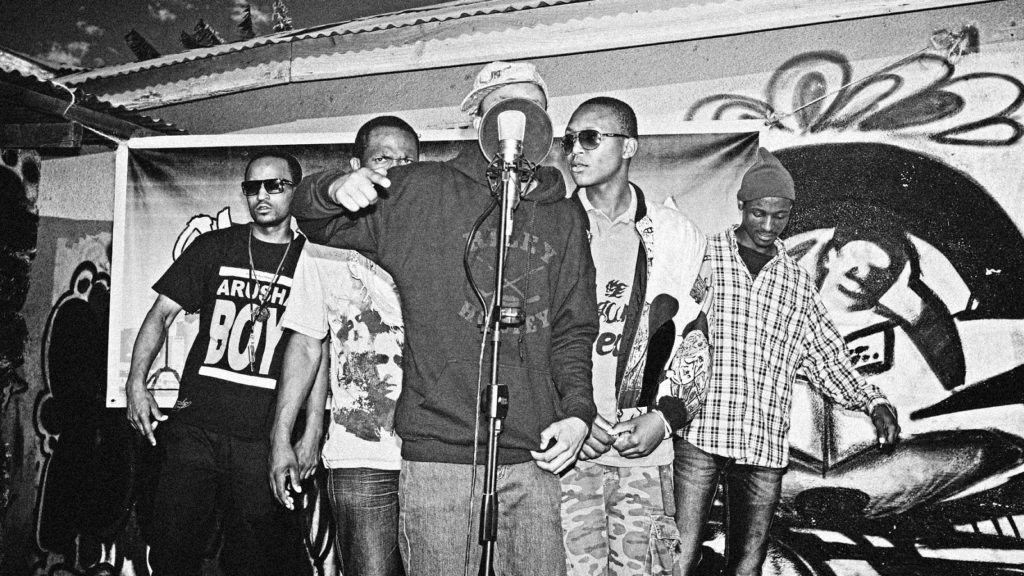Artificial Intelligence (AI) is no longer just a buzzword. It is embedded in everyday work, from drafting emails to automating entire workflows. For Memeburn’s…
Let’s do it for ourselves Africa and stop copying overseas tech trends [Opinion]

I like comparing the startup scene in South Africa to where hip hop was in the country about 10 years ago.
Artists trying to imitate what the Americans were doing — fake American accents, no vernac in their songs and oversized clothes which failed dismally and did not connect with the audience.
Fast-forward and now in the forefront with artists like Cassper Nyovest hip hop has become one of the most popular and lucrative genres.
It is the biggest driver of urban youth culture purely because they “pivoted” and embraced their SA identity these artists are not only successful with their music but have created empires that hire young people and have expanded into events, merchandise, endorsement deals, record labels etc, purely because they adapted to the local context.
Essentially it has replaced kwaito which in the early nineties created music moguls and legends like Oskido. It has now become common for a SA hip hop act to sell a minimum of gold in record sales both physical and digital, to have multiple endorsement deals with big brands, headline music festivals and be nominated for international awards
Tech startups should follow the same route (for both entrepreneurs and investors) but the opposite is happening.
Risk-averse nation
South Africa is generally a risk-averse nation. If you look at global or even continental entrepreneurship activity rankings the 2017/2018 Global Entrepreneurship Monitor’s (Gem) report ranked South Africa’s entrepreneurial spirit at 42 out of 54 countries.
The research further highlights that the quality of entrepreneurship in South Africa is weaker than in other African countries. We don’t have a culture of giving 19 or 25 year old’s millions to go and innovate.
Instead we find every reason not to such as lack of experience, it’s never been done before, it won’t work etc. Some of the most revered tech entrepreneurs today like Jack Ma the billionaire founder of Alibaba in China and many others had no experience when they started out. Some couldn’t even code and were college drop outs.
Our “let’s wait and see if its funded and works in America first” is “killing” innovation. By the time we have decided to replicate such technologies the global market has already moved on to newer technologies leaving us further behind.
That is not the behaviour of an aspiring global powerhouse and one of the two leading economies in the continent.
We are missing an opportunity to proactively solve big uniquely South Africa and African challenges in education, health care, agriculture etc. I come across so many stories of young people who invent solutions to their power challenges their stories gain a couple hundred likes and retweets and they disappear within a space of a week.
Instead these challenges will be solved by global NGO’s and big multinationals via their CSI spend further perpetuating the notion that Africa is the dark continent that relies on aid.
As a representative in Brics we have to do better and set the tone for innovation for the continent together with Nigeria and Kenya and back the best ideas with adequate amounts of capital and focus less on fancy events. We have a lot of catching up to do code to write, test, iterate, deploy and users to acquire.
Where’s the tech talent?
Another South African challenge is tech talent. We have a limited supply of software engineers but because our risk averse developers would rather remain in stable high paying jobs at software development companies, big corporates or agencies (Software developers are one of the most in-demand professionals in South Africa).
The average developer’s salary is around R39 000 and developers with a unique skill and experience can earn upwards of R90 000 per month (according to OfferZen).
Whereas in other parts of the world developers are cofounding companies or are competing for top jobs at game changing startups — we don’t have a culture of CTO’s, developers, PhD candidates leaving their high paying jobs to start tech companies.
I don’t blame them as there is no vibrant venture capital and angel investing culture.
With youth unemployment at an all-time high, going into uncharted territory that does not have a culture of investing in new ideas is a gloomy alternative for would be entrepreneurs and startup employees.
A recent emerging trend in SA is that of former executives exiting the corporate sector and starting VC funds and startups armed with money, networks, reputation. Former executives have long enough runway and can easily raise capital. They are in a better position to afford to attract top technical talent from corporates and agencies.
Maybe our founders won’t be technical people, 19-25 year olds — but people with domain expertise, people embedded in the communities that they want to create solutions for and innovate, maybe their first builds will be outsourced, crowdfunded… so what?
The truth is it’s not only startups that are trying to figure out the best way to launch and commercialise their ideas. Incubators, accelerators, angels and VC’s are also in learning mode.
However, we need to be decisive and intentional in our approach we all know what our challenges are. We need to end the let’s stop and see approach (see something being done overseas and then jump on on it once it becomes a thing).
Africa does not need to adapt to tech and the internet, it’s rather tech and the internet that needs to adapt to Africa.
Sean Mbusi is an edtech entrepreneur and the founder of A+ Education
Featured image: Hiphop gig, Arusha, Tanzania m0gg via Flickr (CC BY 2,0)


